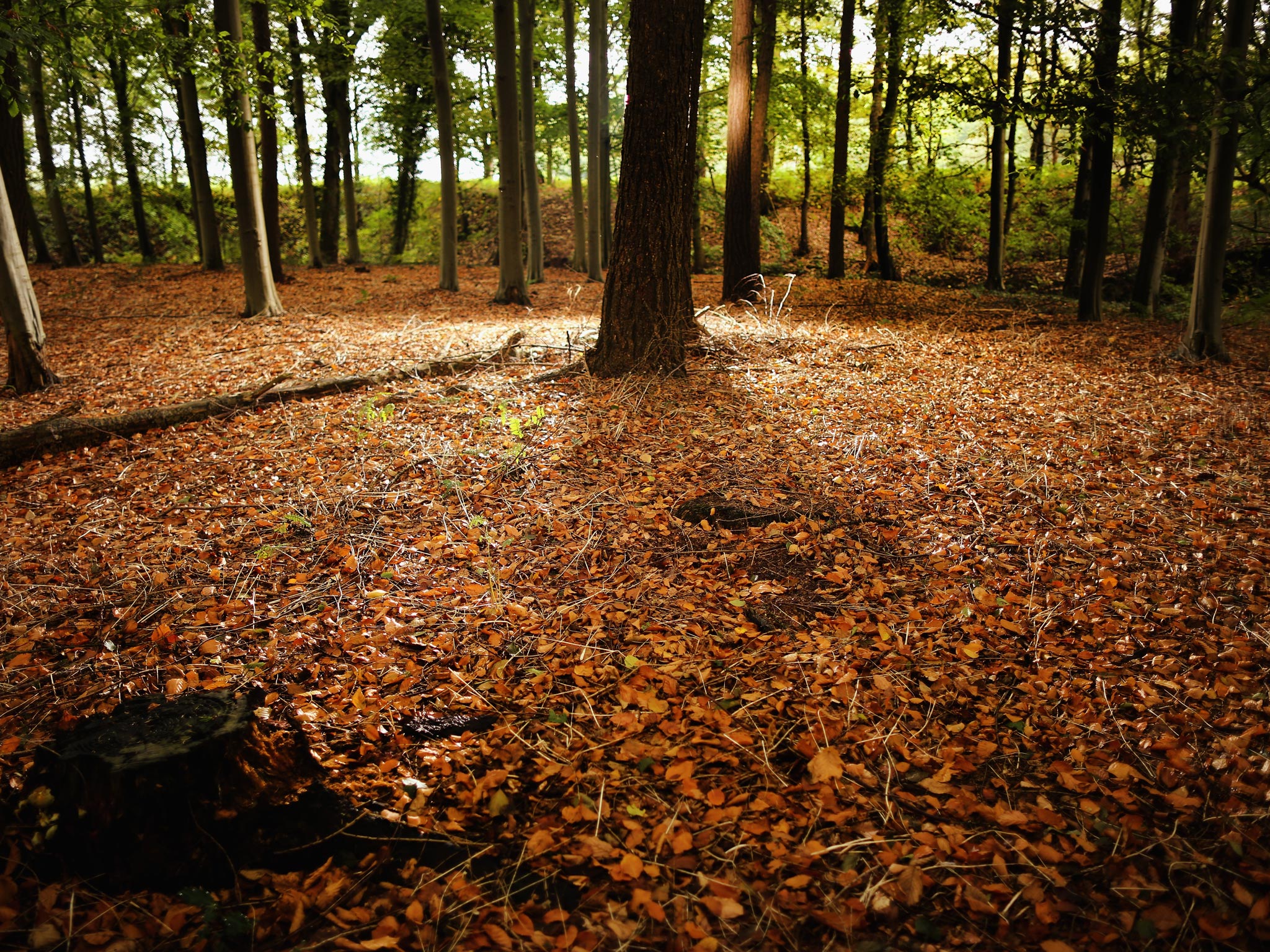The recent winter storms caused the greatest loss of trees in a generation, says The National Trust

The fallout from the extreme winter weather continued yesterday as the National Trust disclosed that the barrage of storms killed the greatest number of trees in a generation as Environment Secretary Owen Paterson announced a further £10.5 million injection into flood protection.
Thousands of oak, ash and beech trees, many of them in ancient woodland, were uprooted, blown over, or snapped during the winter, with Killerton Estate in Devon hit the hardest with the loss of more than 500 trees.
Wales and the south west of England and were the worst affected areas of the country, the National Trust said, while a few historically or regionally important trees were lost, such as a rare black walnut in Hatfield Forest, which was the largest in Essex.
“People love and need trees, and the loss of specimen trees in gardens and parks, and of ancient beeches and oaks in the woods and wider countryside hurts us all, and damages much wildlife. We value and venerate these old sentinels and need to become increased aware of the power of the weather,” said National Trust nature and wildlife specialist, Matthew Oates.
“Increased storminess and increased extreme weather events generally are likely to stress trees further, especially veteran trees. We will have to think carefully about where we establish trees and what species we plant,” Mr Oates added.
The tree damage came to light as Mr Paterson announced a 20-year flood action plan for the Somerset Levels and an additional £10.5 million to fund it – on top of £10 million already pledged and taking the total to £20.5 million.
However, the money being made available falls well short of the estimated £100 million cost of implementing the plan raising concerns that it amounted to little more than a “wish list”.
A spokesperson for Department for Environment, Agriculture and Rural Affairs said Mr Paterson had always been clear that the plan would be financed jointly by the government and people and businesses in the Somerset Levels and pointed out that £1.5 million had already been raised by local partners.
She said it was too early to say whether the government would increase its contribution to the plan.
The plan will see eight kilometres of the rivers Parrett and Tone – which lie at the heart of the Somerset Levels’ flooding – being dredged as soon as it is practical, while in the longer term a £30m tidal barrage is proposed across the River Parrett.
Rebecca Horsington, of Flooding on the Levels Action Group, said: “Overall we are cautiously optimistic about the plan. However, I think it should be seen as a bit of a wish list.”
Separately, the energy regulator Ofgem announced it would investigate how the distribution companies UK Power Networks and Scottish and Southern Energy responded to customers during the Christmas storms, when thousands of customers were left without power for more than 48 hours.
Join our commenting forum
Join thought-provoking conversations, follow other Independent readers and see their replies
Comments